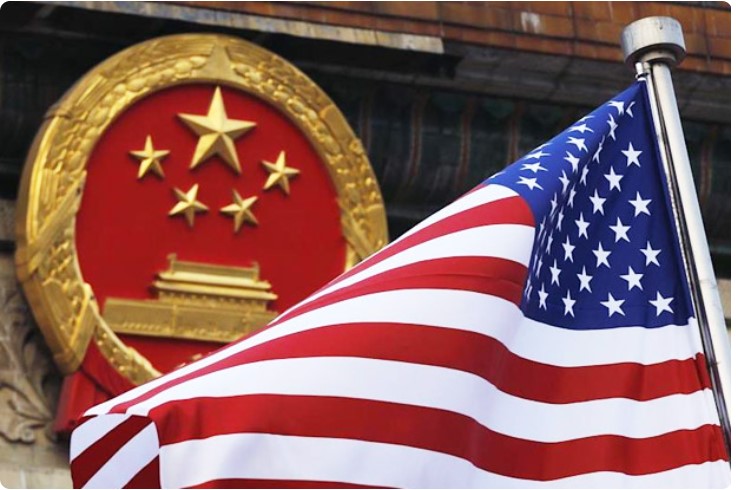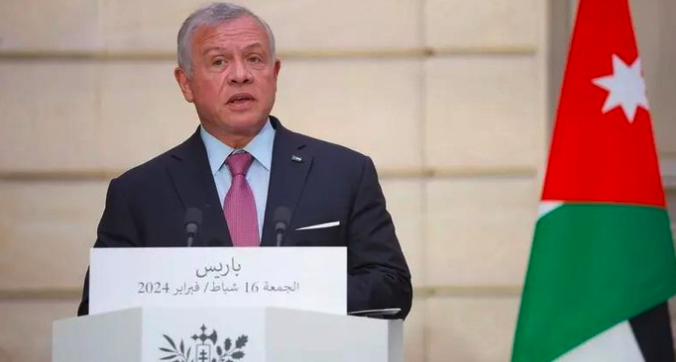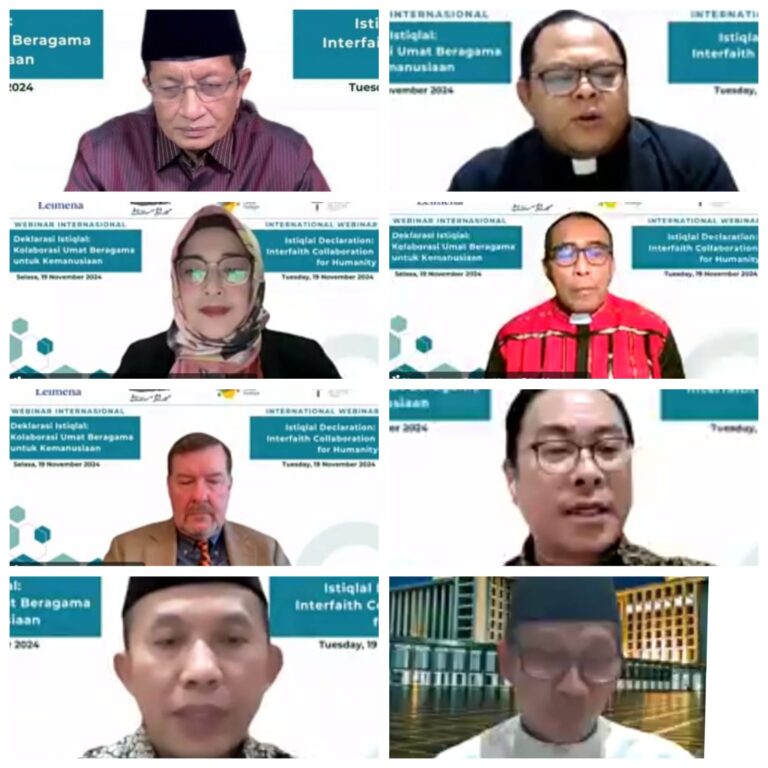
The foto has taken from www.sindonews.com
The United States (US) government claims to have found evidence of China’s desire to intervene in the 2024 US Presidential Election.
US Secretary of State Antony Blinken admitted to having brought up the issue when he met Chinese President Xi Jinping. He warned China not to interfere in US domestic political affairs.
“We have seen, in general, evidence of efforts to influence and arguably disrupt. We want to make sure that is stopped quickly,” Blinken told CNN.
Blinken said US President Joe Biden had emphasized this when he met Xi in San Francisco last November. Blinken reiterated this in his meeting with Xi yesterday.
US concerns about China’s intervention in the 2024 presidential election arise based on cases in various countries. One of them is the election in Canada which is said to have been intervened by China.
“Any interference by China in our elections is something we are very concerned about and it is completely unacceptable. So I want to make sure they [China] hear that message back,” he said.
Previously, Blinken met with Chinese President Xi Jinping in China. He brought up a number of global issues when meeting Xi.
Apart from the issue of presidential election intervention, Blinken also protested China’s support for the Russian military. He said this would worsen the already improving relations between the US and China.
The US will hold presidential elections on November 5 2024. Two strong candidates who will compete for the title are incumbent Joe Biden and former president Donald Trump.
China’s foreign ministry has shot down allegations by US Secretary of State Antony Blinken that it interferes in American elections, accusing Blinken of “paranoia and shadow-chasing.”
Upon returning from a visit to China, Blinken told CNN that the US government had seen attempts by Beijing to manipulate US elections. “We have seen, generally speaking, evidence of attempts to influence and arguably interfere. And we want to make sure that’s cut off as quickly as possible,” he told host Kylie Atwood.
Chinese Foreign Ministry spokesman Lin Jian rejected these allegations at a press conference on Monday. “Non-interference in other countries’ internal affairs is a basic principle for China’s diplomacy,” Lin told reporters.
“The US presidential election is the US’ internal affair,” he continued. “We have never had any interest and will not interfere in any way in the election. Nevertheless, we staunchly reject anyone making an issue of China and damaging China’s interests for election purposes.”
“The US needs to stop the paranoia and shadow-chasing, stop slinging mud at China to divert attention and deflect the blame, and contribute to a stable China-US relationship and the wellbeing of our two peoples,” Lin concluded.
American politicians often accuse foreign nations of interfering in US elections, with the now-debunked claim that Russia intervened to help Donald Trump clinch the presidency in 2016 spiralling into an espionage operation against Trump’s campaign and a years-long probe by the FBI and special counsel Robert Mueller.
Trump and President Joe Biden have both accused China of similar meddling attempts, with Biden pressing Chinese President Xi Jinping on the issue during a meeting in San Francisco in November. According to CNN, Xi promised Biden that China would not interfere in this year’s presidential election.
US spies insist that Xi’s promise was a hollow one. In a threat assessment published in February, the Office of the Director of National Intelligence claimed that Chinese operatives aim “to sow doubts about US leadership, undermine democracy, and extend Beijing’s influence” through information operations and possible election meddling.
“Even if Beijing sets limits on these activities, individuals not under its direct supervision may attempt election influence activities they perceive are in line with Beijing’s goals,” the document stated.
According to Chinese Foreign Minister Wang Yi, such accusations are rooted in American insecurity over China’s rising economic and military might. Pointing to Washington’s espionage allegations, sanctions, and trade restrictions, Wang said in March that its “methods of suppressing China are constantly being renewed.”
“The challenge for the United States comes from itself, not from China. If the United States is obsessed with suppressing China, it will eventually harm itself,” Wang told reporters in Beijing.





